25 IMAGES OF MARKETS “REGULATING THEMSELVES”
When economists talk about how a market “regulates itself,” what they mean is that markets reach an equilibrium between supply and demand.
This says nothing about whether or not this equilibrium will be a good thing for society. It simply states that if consumers choose what to buy and producers choose what to sell and how to produce it, the market settles on a product distribution and prices.
Lately, many people I know have argued that “free markets” mean something more. They see markets as ethically right or ethically moral, meaning pursuit of profit always somehow leads to a greater good.
Unfortunately, morality isn’t built into markets.
Markets were fine with child labor and slavery. Both were viewed simply as cheap sources of labor. It wasn’t until people fought against child labor and slavery that these things became unacceptable in a market (at least in most Western countries).
This is why markets must be subject to other forces such as ethics and government if we want them to work for the benefit of the many (not just a select few).
Now you may know all this and if that’s the case, you’re ahead of the game.
However, many of us know people who have either bought into the claim that government is the only thing standing between us and a truly “free” market or are on the fence about the role of government.
Here are a few examples I’ve found that make a convincing case for regulations and good government.
2014 Oxfam report “85 people own more than the poorest 3.5 billion people on the planet”
This statistic from Oxfam is staggering. Just 85 people, the top 0.00000001 percent, own as much as the poorest 3.5 billion people on the planet.
Oxfam’s concern is not only that wealth is concentrated at the top, but that it will remain this way, passed down from generation to generation like royalty.
According to Nick Galasso, co-author of the report:
“High levels of inequality actually corrode democratic processes. What we have seen across the globe and what the report documents is how wealth concentration is used to influence the political process to create laws and regulations that benefit the rich over everyone else.”
2014 West Virginia chemical spillFreedom Industries allowed to act freely (left alone by the EPA for 20 years) lets 7,500 gallons of MCHM (4-methylcyclohexane methanol) into the Elk River. 300,000 lose water for days.
“Montani semper liberi,” Joe Manchin III, West Virginia’s junior senator said arguing for “freer markets” at an event sponsored by the American Coalition for Clean Coal Electricity after the spill, “Mountaineers are always free.”
2013 Bangladesh garment factory collapse
1,132 people killed, 2,500 injured, 300 missing
Minimum wage for garment workers = $40/month
Months later, little has changed and the South Asian country continues to mourn the deaths of workers in other avoidable incidents.
2013 West Fertilizer Company explosion in Texas
15 killed, 160 injured.
Texas law allows fertilizer storage facilities to operate without any liability insurance, even when they store hazardous materials.
2012 Libor price fixing scandal
Possibly the biggest price-fixing scandal ever affecting upwards of $500 trillion of financial instruments.
By the time litigation is through, its estimated 16 banks may face up to $35 billion in civil settlements in addition to other regulatory fines.
2012 Pink Slime
We find out that what we’re eating in our beef looks like this:
The name used in the meat industry is lean finely textured beef (LFTB). Hmmm.
2012 HSBC launders Mexican drug cartel money
And this is only the second biggest banking scandal of 2012 because of the Libor price fixing. JP Morgan losing $5.8 billion on a derivatives trade was a distant third.
2011 Newscorp hacking scandal
Newscorp employees engage in phone hacking and police bribery to get stories.
2010 Deepwater Horizon Oil Spill
11 dead. 4.9 million barrels of oil spilled into Gulf of Mexico.
$37-90 billion in cleanup costs. Billions more estimated in economic and environmental impact.
2010 Chilean miners trapped in collapsed mine
Between 2004 and 2010, the firm accumulated 42 fines from various Chilean safety bodies for failing to protect its workers.
“They never carried out the most fundamental adjustments needed to avoid disasters like what we’re seeing today,” Vincelot Tobar, risk assessor who resigned in 2009 because the company failed to carry out his recommendations.
2009 Queensland Oil Spill
Improperly stowed cargo dislodged from the deck damaging other cargo and containers onboard causing various substances to spill into the ocean.
Cost: $34 million (Australian dollars) cleanup, economy impact $10 million
2008 Lehman Brothers collapse, sub-prime mortgage crisis, and global recession
8 years after Graham-Leach-Bliley legislation deregulates the financial services industry.
Cost: $475 billion authorized in TARP payment, global recession, continuing “too big to fail” philosophy
2007 Aqua Dots Recall
The toy’s coating contains a chemical that, once ingested, converts into the toxic “date rape” drug GHB, or gamma hydroxybutyrate causing children to become comatose, develop respiratory depression, or have seizures.
Spin Master, the company making Aqua Dots, identified the problem on October 17, 2007 after several reports of kids getting sick.
They continued selling the product until November 7, 2007, when the U.S. Consumer Product Safety Commission (CPSC) contacted them after receiving reports. At this point, Spin Master issued a “voluntary” recall.
2006 Trafigura Dumps Toxic Waste on Ivory Coast
In 2006, the Dutch oil and shipping company Trafigura, chartered a ship called the Probo Koala, to offload toxic waste at numerous sites around the city of Abijan, Ivory Coast. Trafigura was seeking to avoid paying a £1,000 per cubic meter disposal charge in Amsterdam.
Gases released by these chemicals claimed the lives of 17 and injured more than 30,000. Injuries ranged from mild headaches to severe lung and skin burns.
2006 E. Coli outbreak from contaminated spinach
Following the outbreak in 2006, the California Leafy Greens Handler Marketing Agreement (LGMA) was established in the spring of 2007. The LGMA, operating with oversight from the California Department of Food and Agriculture, provides a mechanism for verifying that farmers follow established food safety practices for lettuce, spinach and other leafy greens.
2005 BP Texas City Refinery Explosion
After the accident which killed 15 and injured 170, both the BP and the Chemical Safety and Hazard Investigation Board reports identified numerous technical and organizational failings at the refinery and within corporate BP.
Organizational failings included:
corporate cost-cutting, a failure to invest in the plant infrastructure, a lack of corporate oversight on both safety culture and major accident prevention programs, a focus on occupational safety and not process safety, a defective management of change process (which allowed the siting of contractor trailers too close to the ISOM process unit), the inadequate training of operators, a lack of competent supervision for start-up operations, poor communications between individuals and departments and the use of outdated and ineffective work procedures which were often not followed. Technical failings included a blowdown drum that was of insufficient size, a lack of preventative maintenance on safety critical systems, inoperative alarms and level sensors in the ISOM process unit and the continued use of outdated blowdown drum and stack technology when replacement with the safer flare option had been a feasible alternative for many years.
It’s a good thing BP learned their lesson after 2005.2002-2004 Merck Vioxx
By the time Vioxx, approved by the FDA in 1999, was pulled off the market in 2004, nearly 25 million Americans had taken the drug.
Internal Merck documents show that the company knew about the problem at least as early as 2000, but continued to market the product as safe. Merck even provided an obstacle handling guide to counter doctor concerns of heart risk.
2001 Enron collapse
Enron hid failed deals and projects for years through the use of accounting loopholes and special purpose entities.
The collapse of Enron led to the Sarbanes-Oxley Act. This legislation increased penalties for defrauding shareholders or tampering with records. The act also increased the accountability of auditing firms to remain unbiased and independent of their clients.
2000 Firestone recalls 6.5 million tires
March 11, 1999—In response to a Ford concern about tire separations on the Explorer, Bridgestone/Firestone sent a confidential memo to Ford claiming that less than 0.1 percent of all Wilderness tires (which are used on the Explorer) had been returned under warranty for all kinds of problems.
August 9—Firestone announced that it would recall about 6.5 million tires that were then on light trucks and SUVs because they had been implicated in more than 40 fatalities.
What to do with this
Extensive lobbying, advertising, and education on behalf of certain business organizations is pushing the idea that markets have a built-in morality.
Here’s a great example from a site called Students for Liberty:
The task before us, then–if we wish to actualize the truly free social system that is laissez-faire capitalism–is to provide and defend its moral justification. We must convince fellow students that capitalism is not just the most efficient system, but a virtuous one as well.
Anyone who questions this morality is a liberal or in the view of some: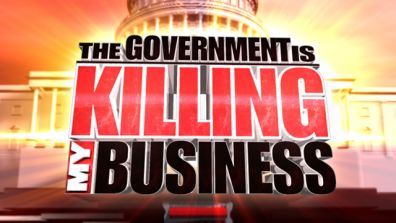
I’ve found, however, that it’s pretty easy to make the case for regulation and ethics if you illustrate through a few examples (and keep partisanship out of it).
To start with all you have to do is ask: what’s the goal of a business?
Obviously, it’s to turn a profit.
What’s to prevent pursuing a profit at all costs? Especially if no regulations, enforcement, or penalties exist.
We’re frequently told: If only we could release business from the shackles of government and stop “forcing” them to obey regulations and laws, then the market would magically make everything better for people.
However, when government deregulates or fails to properly enforce regulations, evidence overwhelmingly suggests that pursuit of profits trumps ethics, morality and the greater good. Not surprising given that this is the #1 stated priority.
We simply need to recognize that markets have no implicit moral authority.
We need to have a debate about the moral limits of markets. And we need to recognize that appropriate regulation, enforcement and good government are all components of a working capitalism.
Read the full Oxfam report (or summary of recommendations here) for other recommendations on how to create a working capitalism including progressive taxation, cracking down on financial secrecy and tax dodging, and curbing the power of the wealthy to influence elections.
—

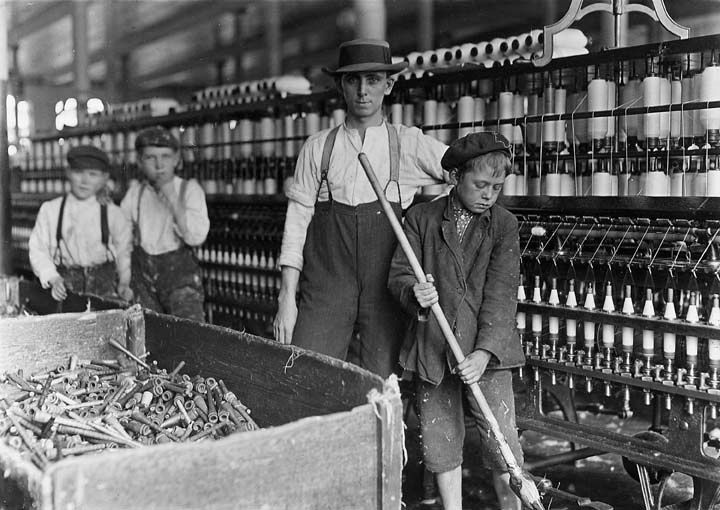


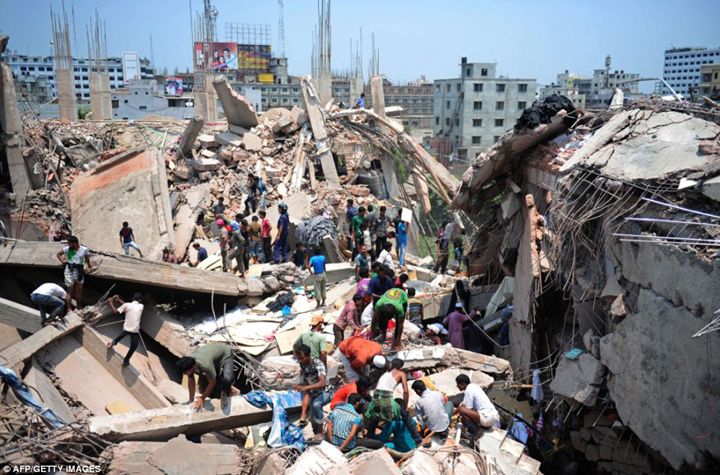
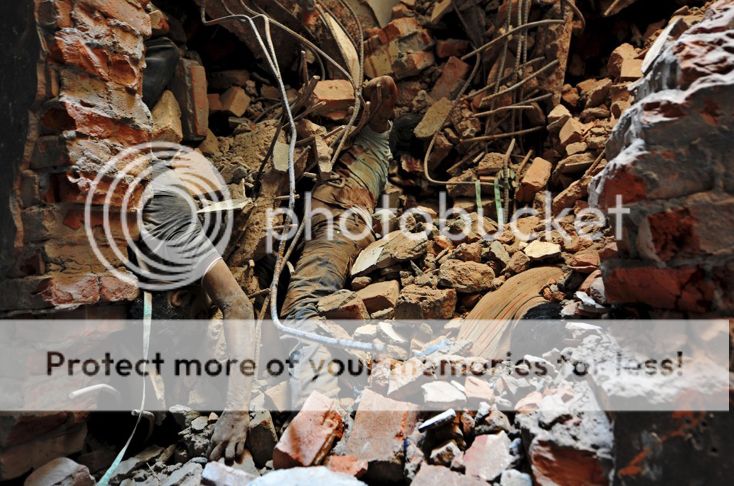

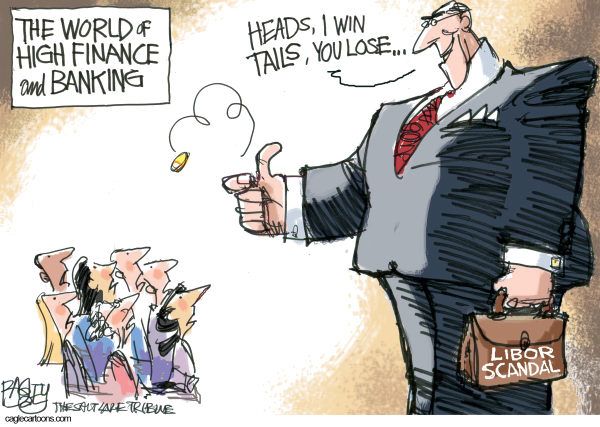
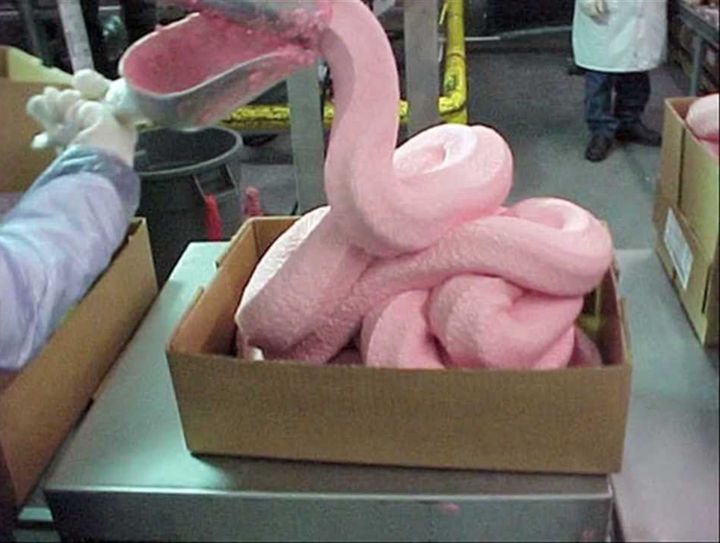
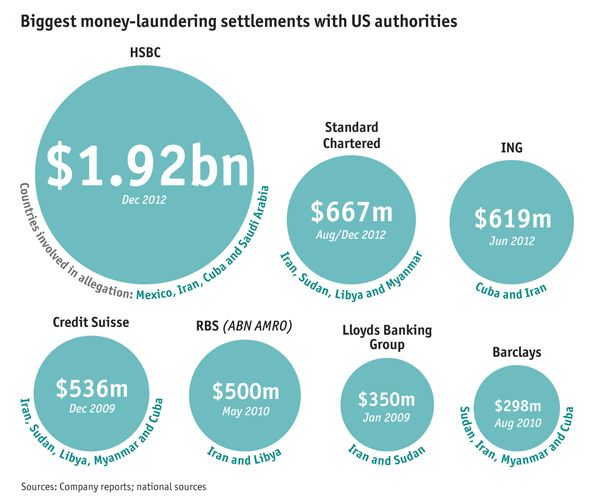
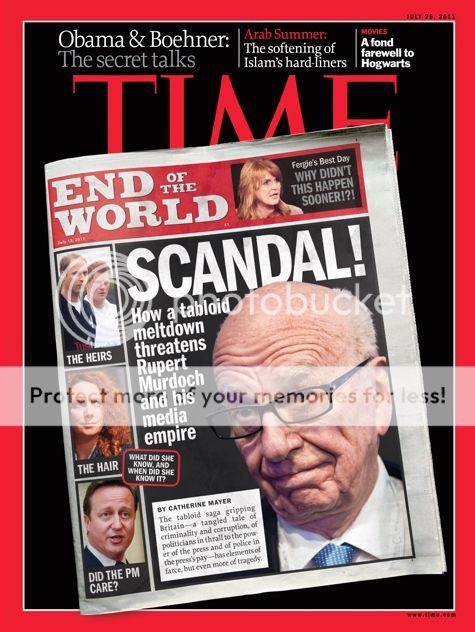
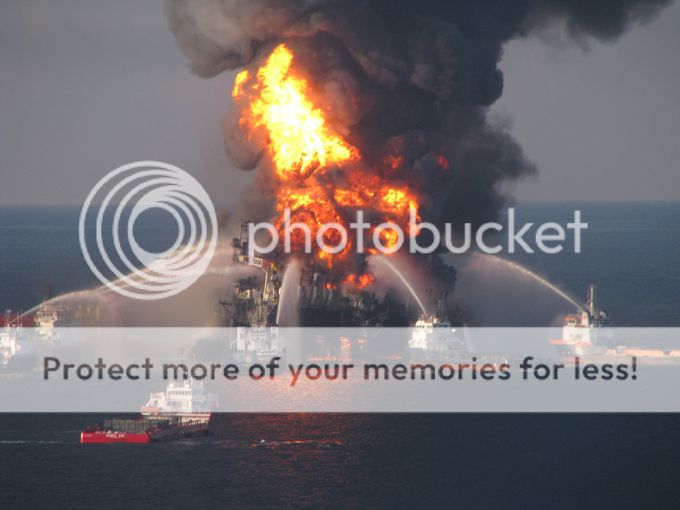
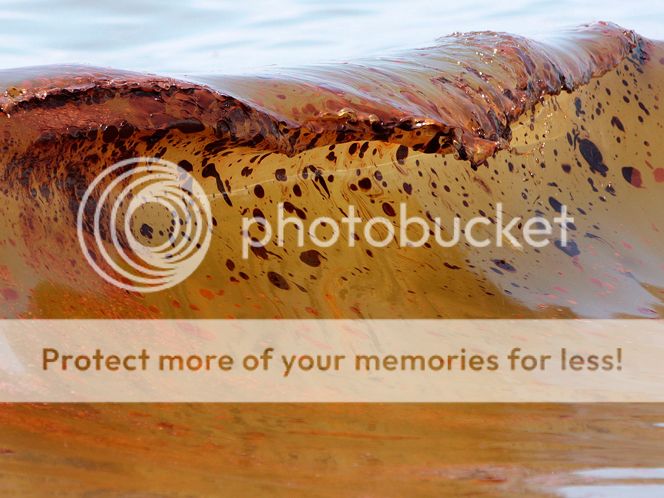



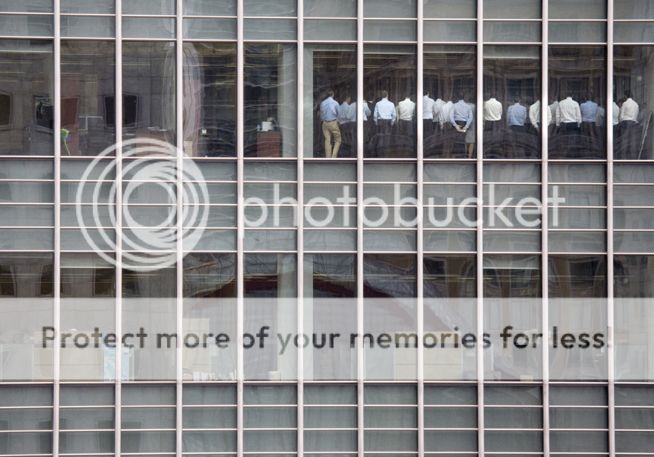
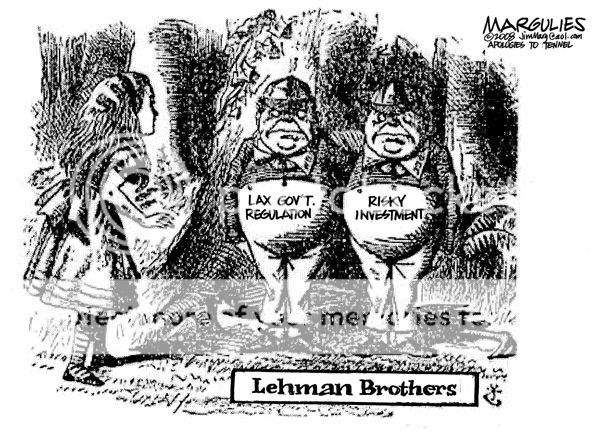
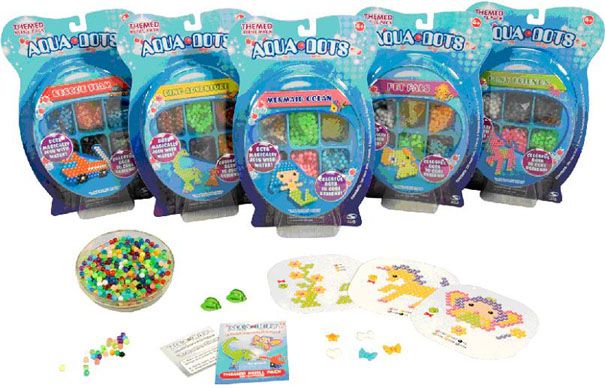
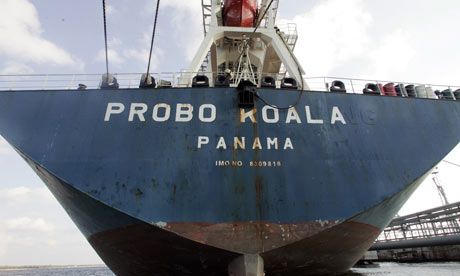

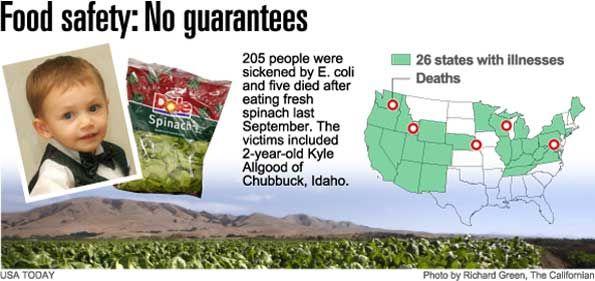
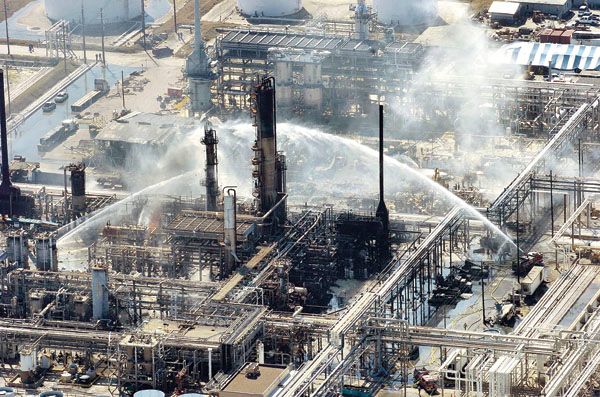
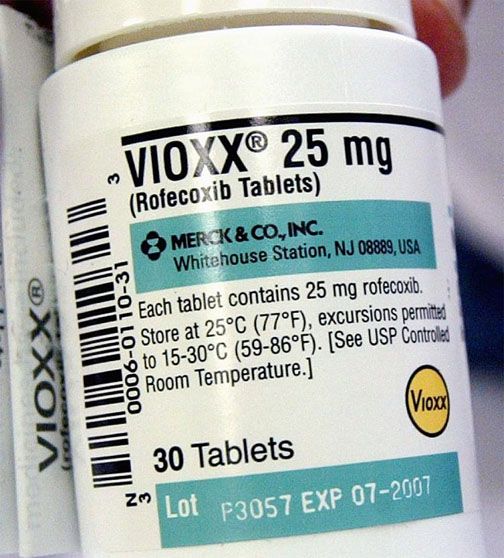
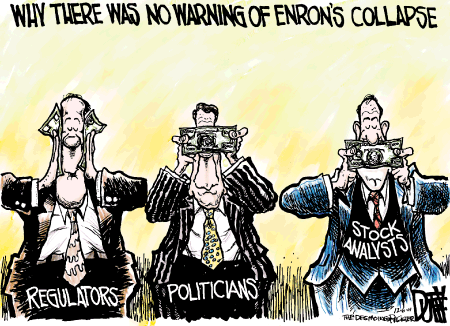







Follow Us!